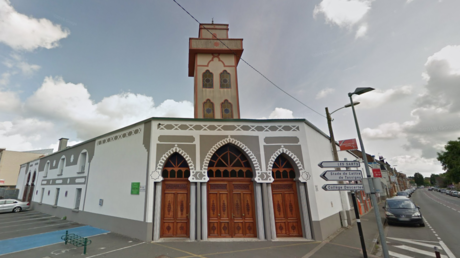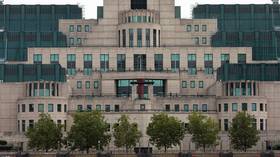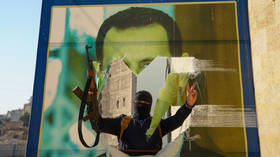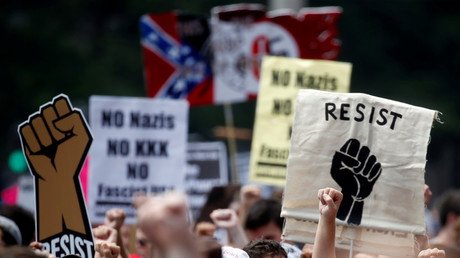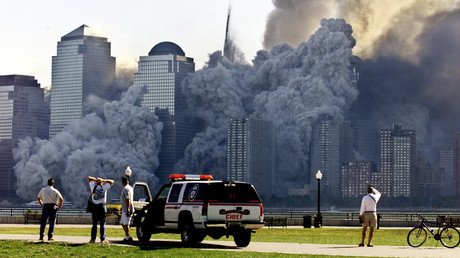Abducted boy died in Islamic exorcism ceremony in New Mexico desert, prosecutor says
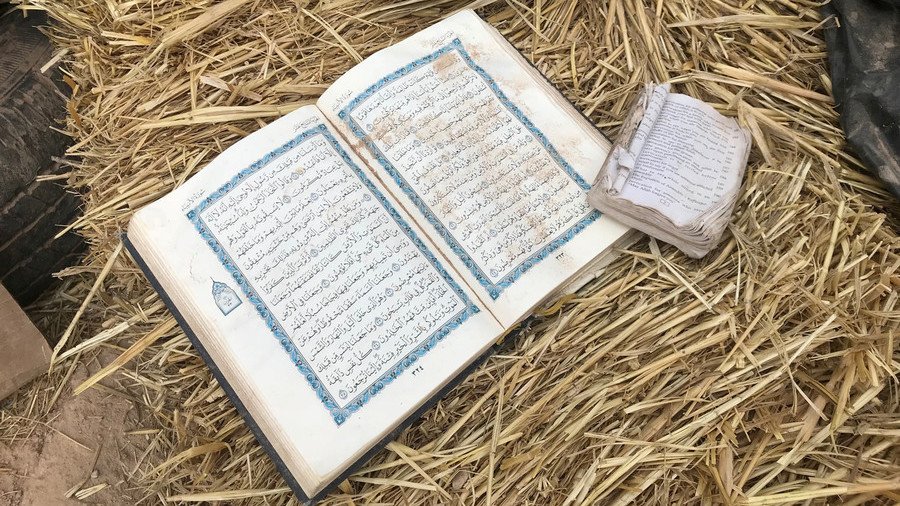
A missing three-year-old boy, whose remains were discovered buried at a compound in the New Mexico desert, had died during an Islamic ritual ceremony to cast out demonic spirits, a prosecutor told a court hearing on Monday.
Prosecutor John Lovelace made his statement at the pretrial hearing of five adults accused of multiple counts of child abuse, for running an off-the-grid compound in the New Mexico desert where 11 malnourished children were found living in squalor earlier this month.
Three-year-old Abdul Ghani reportedly died as his father performed an Islamic ceremony known as a ruqya – performed by some believers to cast out evil spirits known as jinn - on him, Lovelace claimed in court. The prosecutor said that the other children at the compound had revealed the macabre details of Ghani’s death to investigators after the compound was raided.
The boy’s body was washed several times, wrapped in a sheet, and buried near the compound, Lovelace claimed.
Ghani suffered from seizures, and prosecutors said that his family believed him to be possessed by demonic spirits. The family believed that once his demons were cast out, the boy would become the embodiment of Jesus Christ, and direct the adults to commit "violent acts" against the government.
The boy’s father, Siraj ibn Wahhaj, was arrested at the compound, where police found him heavily armed. Also arrested were Wahhaj’s wife, Jany Leveille, 35, two sisters, Hujrah, 38, and Subhannah, 35, as well as another male, identified as Lucas Morten, 40.
Siraj ibn Wahhaj is accused of abducting the boy from Georgia in November. The boy had lived there with his mother, Wahhaj’s ex-wife.
At Monday’s hearing, Lovelace claimed that the children were trained to use weapons and to defend the compound in the event of an FBI raid. Prosecutors have also alleged that Wahhaj was training the children to commit school shootings.
Local Sheriff Jerry Hogrefe described Wahhaj as an “extremist of the Muslim belief,” but did not elaborate on the definition. Wahhaj’s father said that the label sounded “crazy,” but did say that his son could be high-strung and “extreme” at times.
Wahhaj is the estranged son of a prominent New York Imam, Siraj Wahhaj. Wahhaj Sr. told reporters that all of the 11 children found at the compound are his grandchildren, and three of the suspects are his children.
The imam said that he tipped police off to the situation inside the compound after receiving a message from his daughter, who is among the suspects.
"She said, 'We need some food, we're starving,'" the imam said. His daughter then provided a location to send food, and the family turned that address over to police. Upon entering the compound, police found “unbelievable” scenes of poverty and deprivation.
“These children were hungry, they were thirsty, they were filthy,” said Sheriff Hogrefe. The Sheriff told reporters last week that the children had no shoes and were dressed in rags. The only food found inside the compound was a box of rice and some potatoes.
The imam said that his children disappeared in December 2017 and quickly "cut ties, not only with me, with their brothers and their sisters and their mother." He said the family has had "no direct contact with any of them" since then.
"We have been meeting with law enforcement since day one," Wahhaj said, describing his efforts to track down his children and grandchildren.
Wahhaj the elder has been praised for the role his Brooklyn mosque plays in the local community, and has been commended by the NYPD for his work with an anti-drug campaign in the 1980s. However, he was also included on a list of people who "may be alleged as co-conspirators" in the 1993 World Trade Center bombing in New York. Several people linked to the attack reportedly attended his mosque at the time, and the mosque has also attracted speakers who have been described as radical.
All five defendants were released on unsecured bond on Monday, as the judge said the prosecution failed to provide concrete evidence that they psed a danger to the community around them or to their children, who are now in state custody. The defendants will only pay bond if they breach the terms of their release.
Think your friends would be interested? Share this story!
